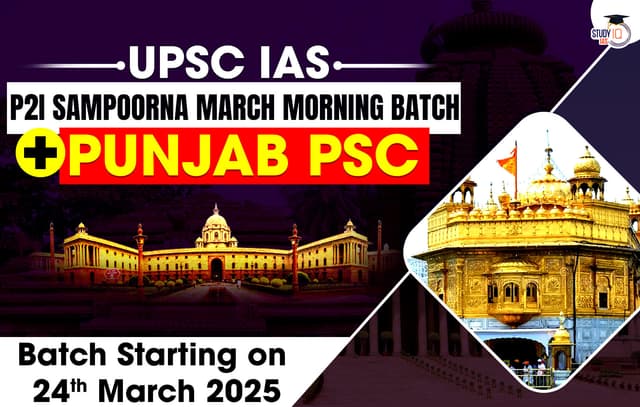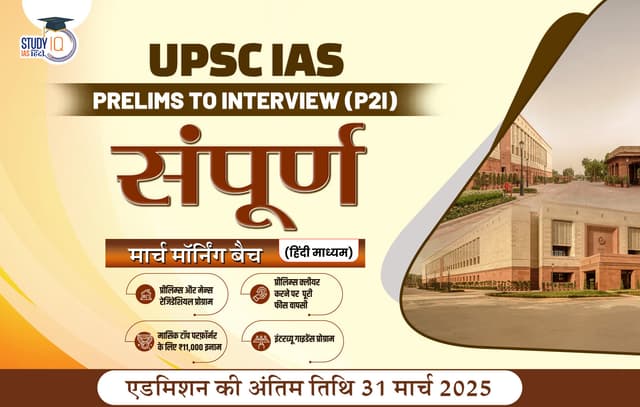Culture is a reflection of a group’s identity, encompassing language, art, cuisine, music, and traditions. Punjabi culture, in particular, is a rich tapestry woven with elements of poetry, philosophy, spirituality, education, and history. It embodies a way of life that is colorful, dynamic, and deeply rooted in ancient civilizations. Known for their compassion, resilience, and problem-solving skills, Punjabis have always stood out for their ability to embrace challenges with optimism and strength.
The vibrancy of Punjab is reflected in its festivals and celebrations. Many events commemorate the Gurus of Sikhism and various saints, bringing communities together in a spirit of devotion and joy. Traditional dance forms like Bhangra, Jhumar, and Sammi symbolize happiness and vitality, while Giddha, a humorous dance performed by women, adds a playful and creative dimension to their cultural expression.
Music and poetry hold a special place in Punjabi culture. While Sikh religious music inspires spiritual connection, semi-classical styles like Khyal, Thumri, Ghazal, and Qawwali reflect a diverse musical heritage. Punjabi poetry, renowned for its depth and beauty, captures themes of love, resilience, and hope. The Guru Granth Sahib, one of the most revered works in Punjabi literature, exemplifies the spiritual and philosophical essence of the region.
Punjab’s architectural landscape is equally captivating, blending indigenous designs with foreign influences. Iconic landmarks like the Golden Temple, Jallianwala Bagh Martyrs’ Memorial, Kapurthala Moorish Mosque, and Bathinda Fort narrate history, spirituality, and resilience stories. The region’s cuisine, known for its bold flavors and hearty preparations, complements its cultural richness.
Traditionally, Punjabi attire has evolved. The Punjabi Salwar Suit, now a popular choice among women, has replaced the traditional Ghagra, while the pleated Patiala Shalwar continues to be a favorite. This evolution mirrors the dynamic nature of Punjabi culture, which seamlessly blends tradition with modernity.
From ancient times, Punjabis have cultivated a warrior spirit, shaped by their history of defending their homeland. Known for their strength and bravery, they have protected India’s freedom and sovereignty. This enduring spirit is a hallmark of Punjabi identity, symbolizing resilience and pride.
Despite historical challenges, Punjab has developed a hybrid culture where indigenous and foreign elements coexist harmoniously. Social bonds have grown stronger, and a more inclusive mindset has emerged, even as traditional structures like the caste system persist. Sikhism, which originated in Punjab, epitomizes this blending of cultures, combining principles of Hinduism and Islam to promote equality and spirituality.
In essence, Punjabi culture is a celebration of life itself—a harmonious blend of tradition, diversity, and innovation that continues to inspire and resonate far beyond its borders.
Punjab PCS Important Links
| Punjab PCS Important Links | ||
| Punjab PCS Notification | Punjab PCS Apply Online | Punjab PCS Syllabus |
| PPSC Eligibility Criteria | PPSC PYQ | Punjab PCS Notes |

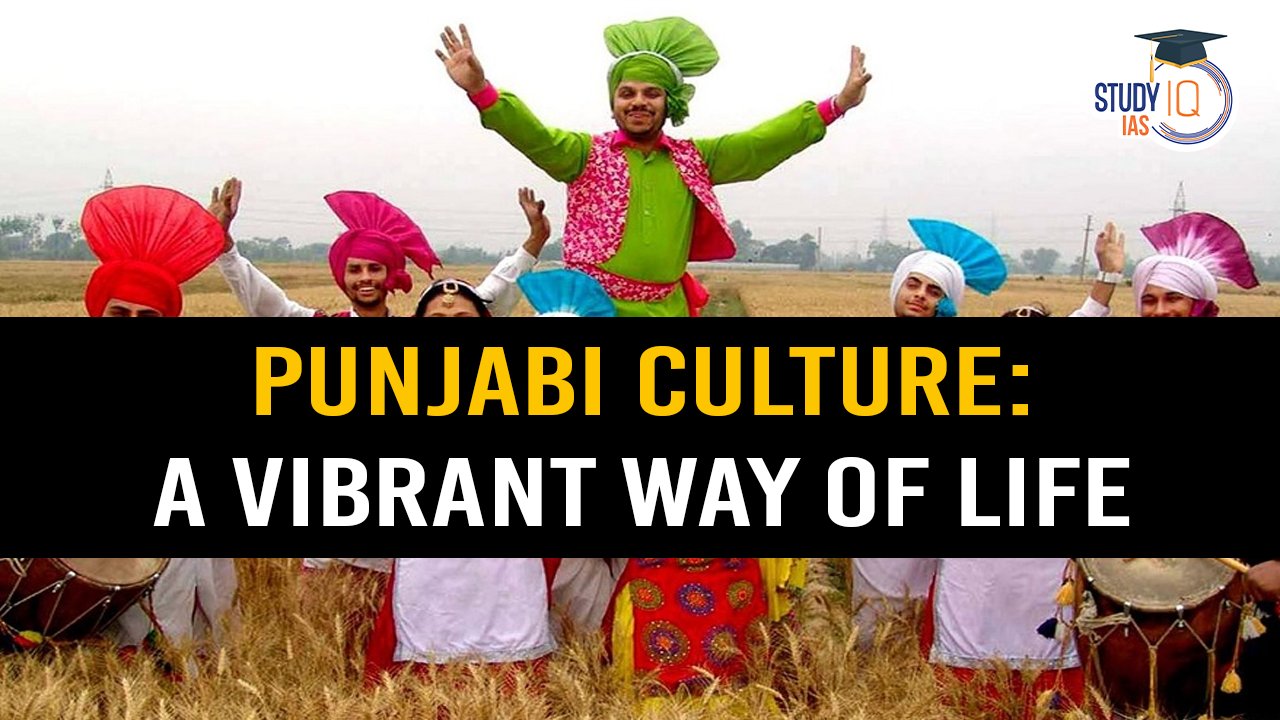
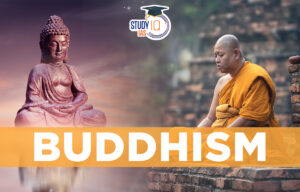 Buddhism History, Origin, Sect, Councils...
Buddhism History, Origin, Sect, Councils...
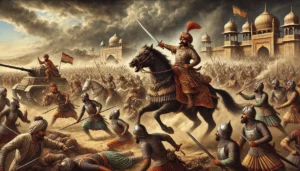 Rana Sanga: The Fearless Rajput King and...
Rana Sanga: The Fearless Rajput King and...
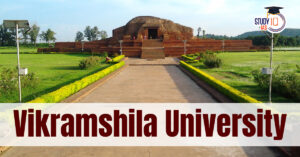 Vikramshila University Revival, Location...
Vikramshila University Revival, Location...



